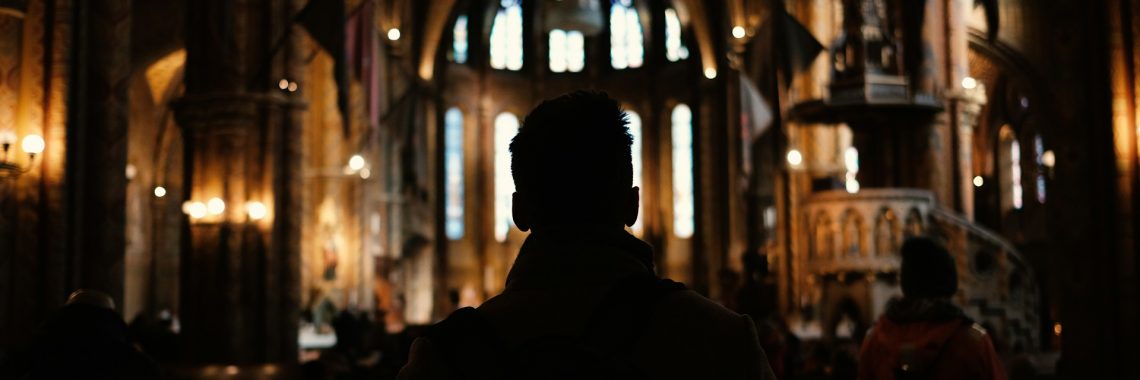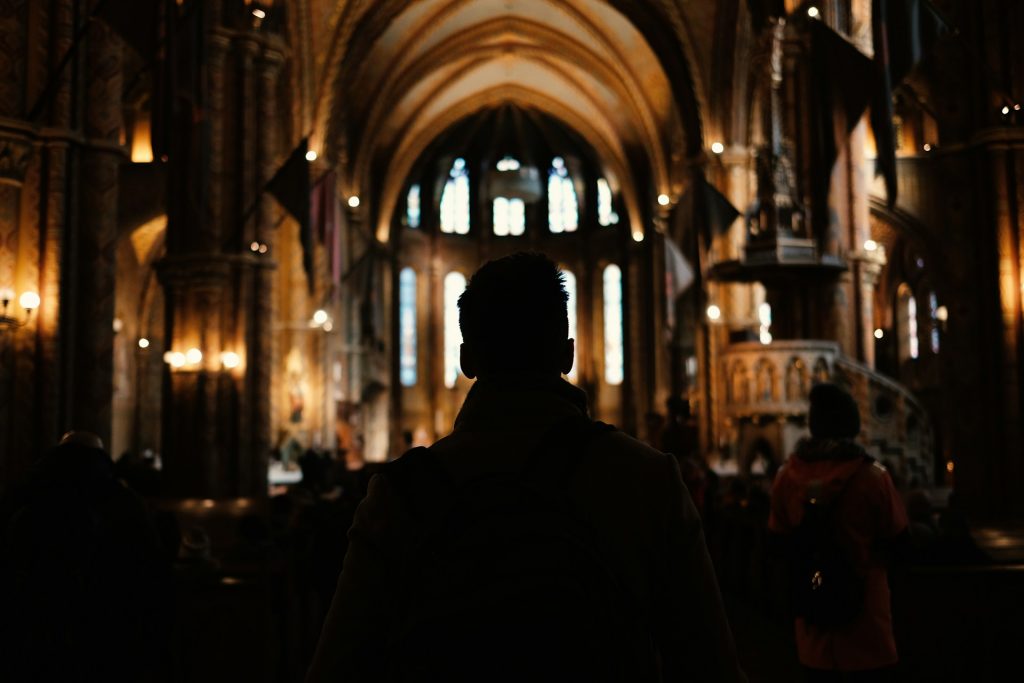School Will Let Arkansas Student Share His Faith Following Calls from Gov. Sanders, Religious Freedom Advocates

An Arkansas student who was muted and removed from a public school Zoom call while sharing his faith has been invited back to school.
Zion Ramos is a junior at Arkansas Connections Academy, an online public school. On September 23, Zion wanted to spend two minutes discussing his faith during a school “social time,” which is a daily period set aside for students to talk on Zoom about any topic they choose.
Zion chose to talk about his Christian faith. But while Zion was speaking, a public school teacher reportedly muted him without warning or explanation and removed him from the Zoom call.
After the incident, our friends at First Liberty sent a letter to school officials in Arkansas explaining that the school had violated Zion’s freedoms of speech and free exercise of religion, and Arkansas Governor Sarah Sanders instructed the state Department of Education to open an investigation into the situation.
On Thursday, First Liberty announced that Arkansas Connections Academy has invited Zion back and guaranteed he will have three minutes to share his faith with classmates.
This is great news. Federal courts have ruled time and again that public school students and teachers do not lose their First Amendment freedoms at the schoolhouse doors.
The U.S. Supreme Court’s 1980 Stone v. Graham decision went so far as to say “the Bible may constitutionally be used in an appropriate study of history, civilization, ethics, comparative religion, or the like” in public school.
Other court cases have affirmed that as long as students do not disrupt the learning environment, they are free to pray, discuss religion, share their faith, and engage in other forms of constitutionally-protected speech at school. That means students are free to talk about their faith at school the same way they may talk about other topics. That’s also part of the reason why groups and activities like Fellowship of Christian Athletes, See You At The Pole, and Bring Your Bible to School Day are constitutionally protected at school.
Arkansas has passed some of the best laws in the country affirming students’ religious liberties at school.
State law lets students enroll in elective courses to study the Bible academically at school.
This year lawmakers passed Act 400 by Sen. Mark Johnson (R — Little Rock) and Rep. Alyssa Brown (R — Heber Springs) — a good law that affirms public school students’ and teachers’ religious liberties.
Act 400 identifies and upholds religious freedoms that are already protected by state and federal law — such as the right to pray, discuss religion, or read the Bible during free time at school — and it helps make sure that religious expression is treated equally to other types of speech at school.
We appreciate Arkansas’ lawmakers taking steps to protect religious liberty at school, and we want to thank Governor Sanders for taking Zion’s situation so seriously. We also appreciate Arkansas Connections Academy’s decision to do the right thing and invite Zion back to share his faith.
When it comes to religious liberty, public schools have been a battleground for more than 60 years. The free exercise of religion is a fundamental right. It’s important that we continue to stand up for it at school.
Articles appearing on this website are written with the aid of Family Council’s researchers and writers.





